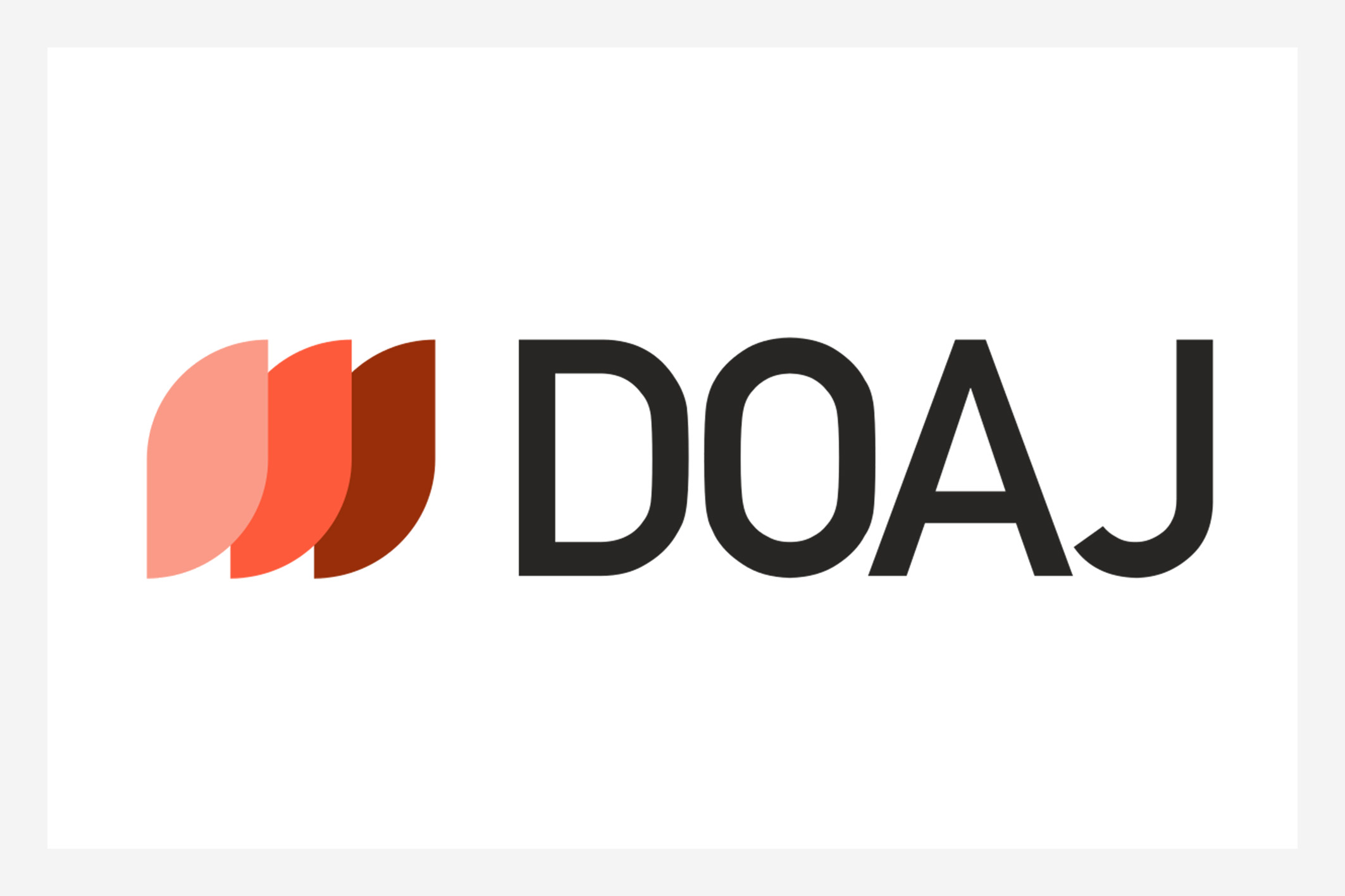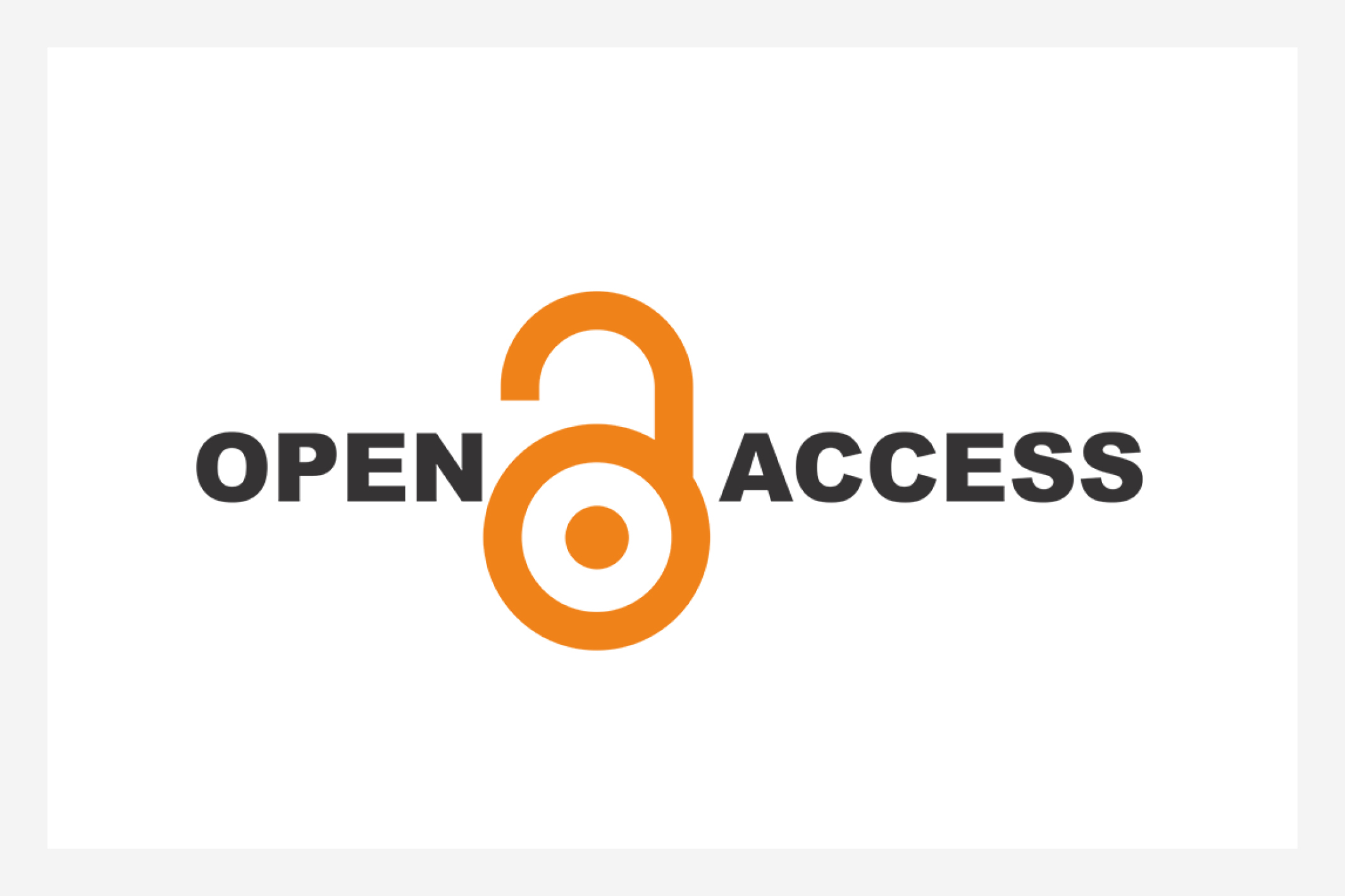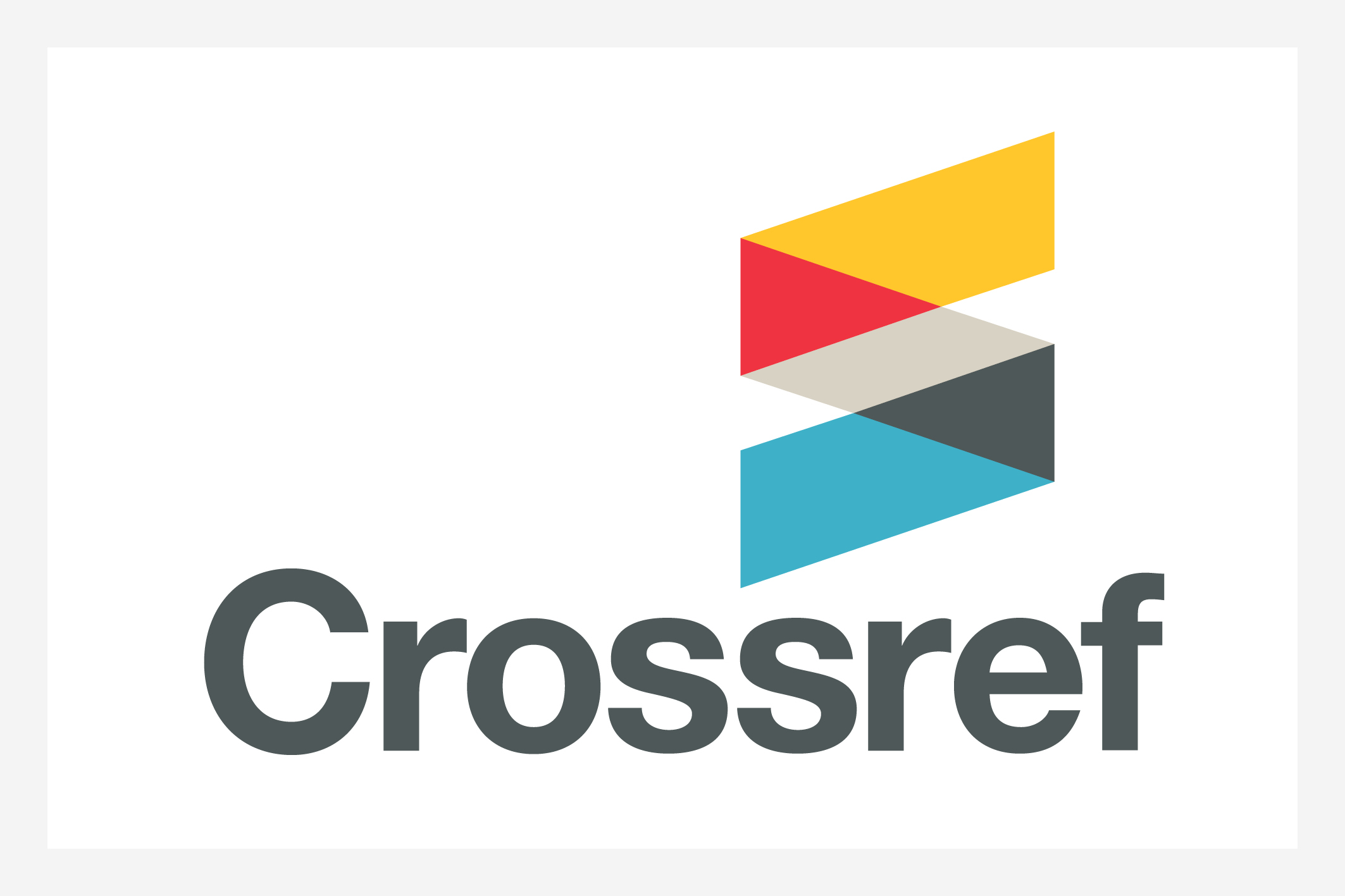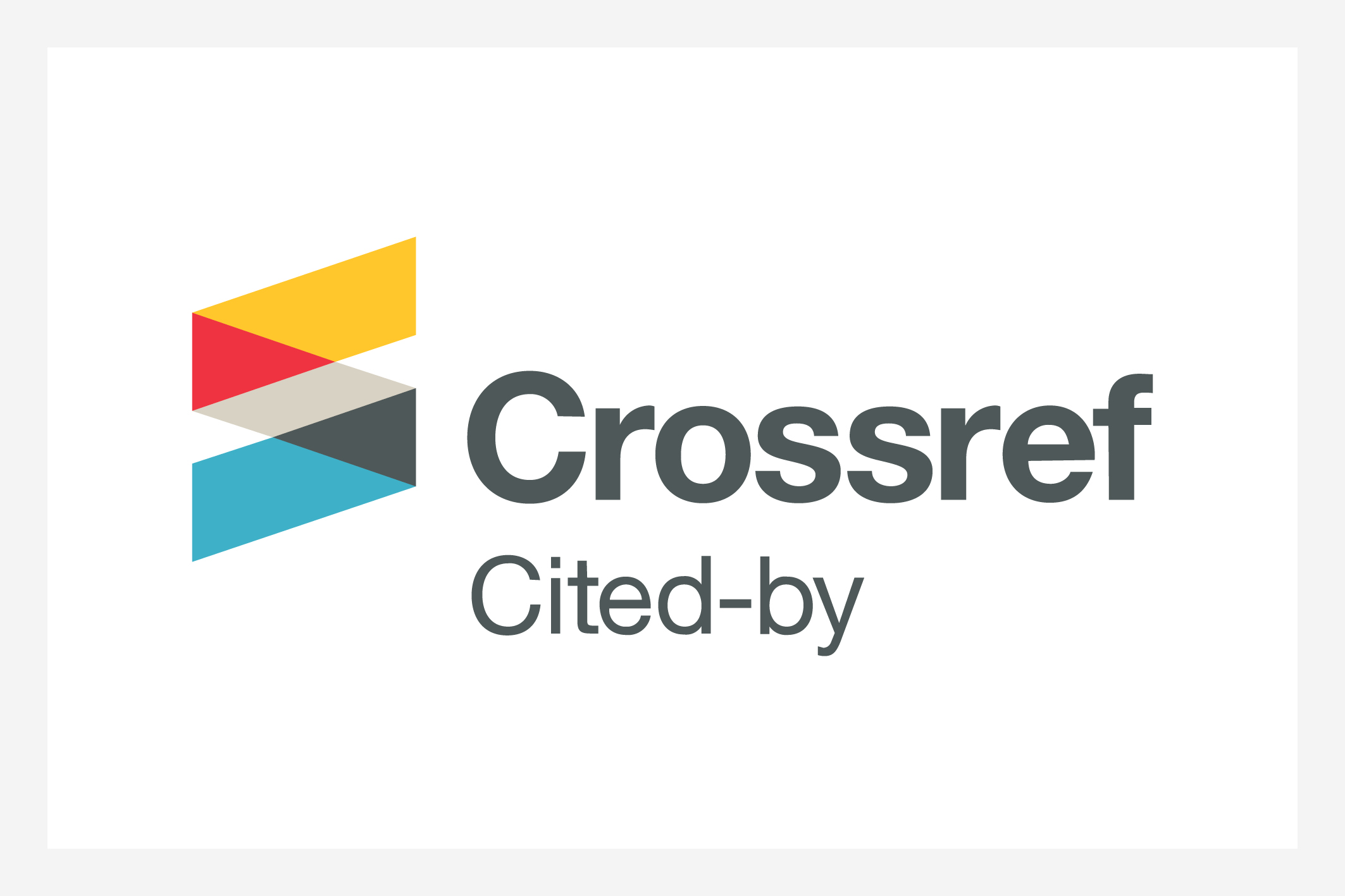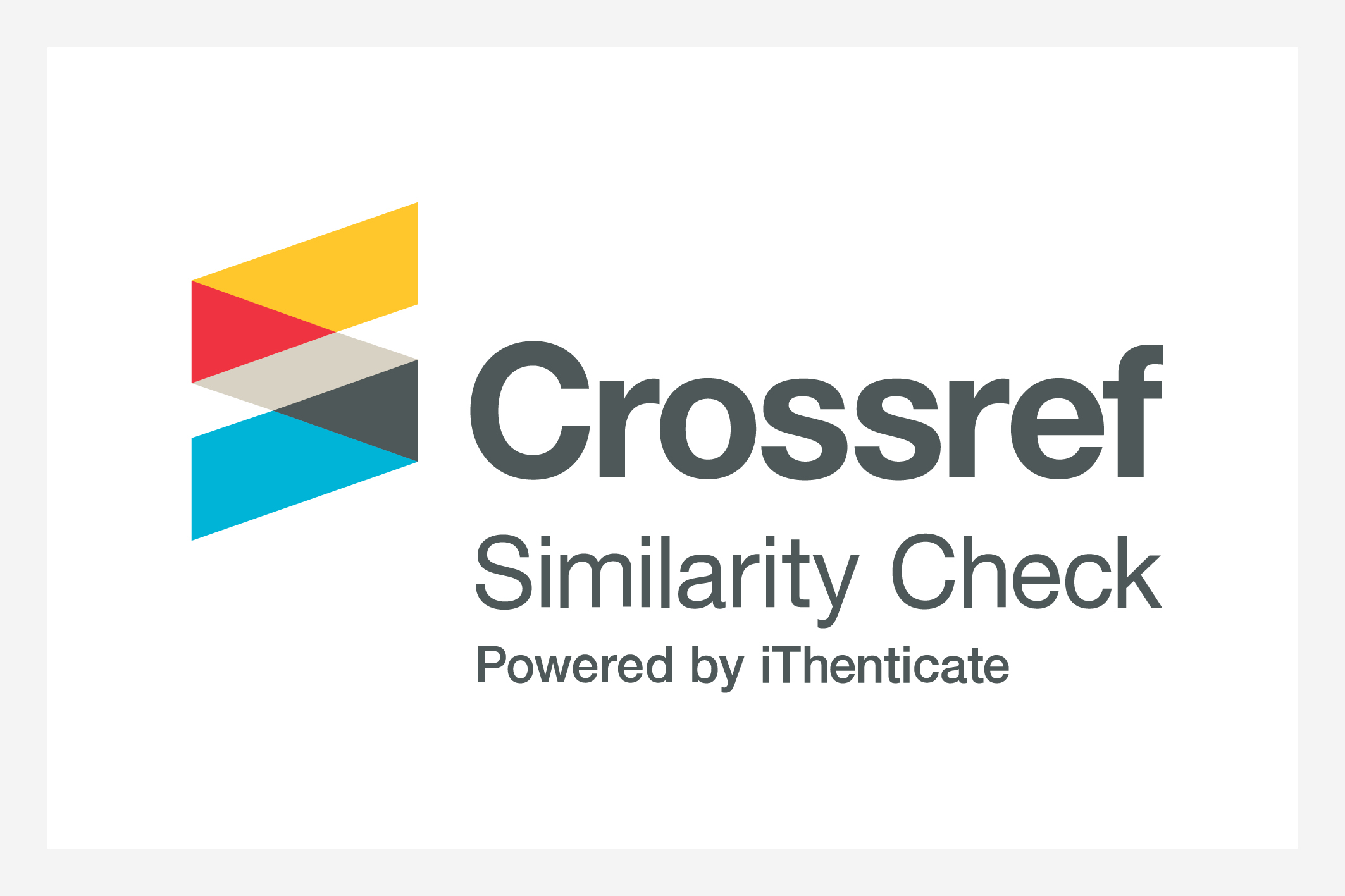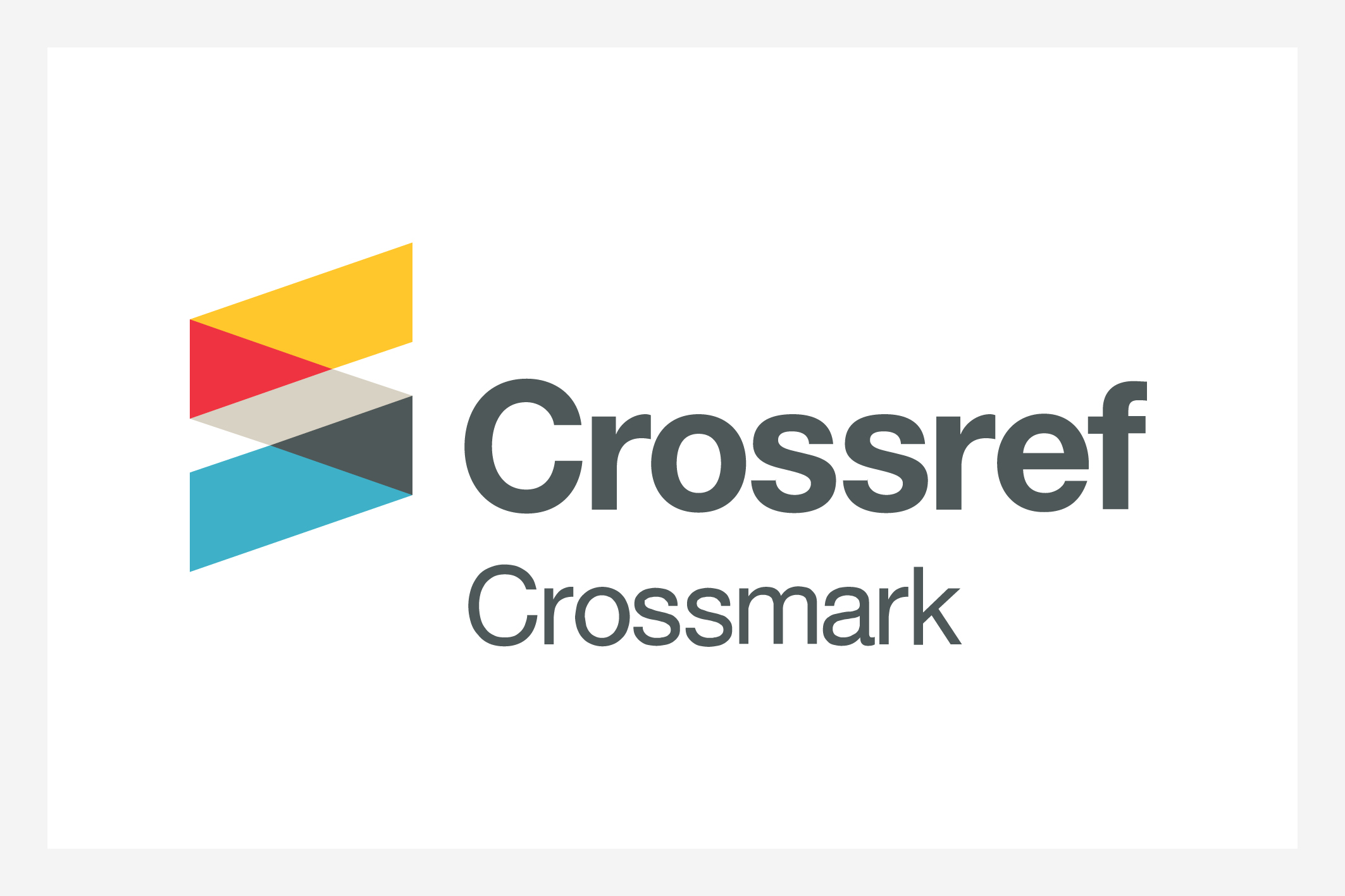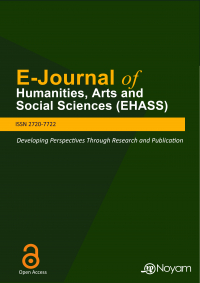
Constitutional Implications of Coalition Governments on Socio-Economic Rights: Evaluating Service Delivery Performance in South Africa
Issue: Vol.6 No.12 Article 2 pp. 2901 -2914
DOI: https://doi.org/10.38159/ehass.20256122 | Published online 11th November, 2025
© 2025 The Author(s). This is an open access article under the CCBY license (http://creativecommons.org/licenses/by/4.0/).
The rise of coalition governments in South Africa following the 2021 municipal elections and later during the 2024 national elections has fundamentally changed the country’s political climate, presenting, of course, both opportunities and challenges for governance and socio-economic rights enforcement. The purpose of this study was to examine both the opportunities and challenges that emanate from coalition governments. Through a qualitative desktop-based methodology, this study examined how political fragmentation, coupled with coalition instability, disrupts municipal governance, subsequently leading to inefficiencies within resource allocation, inconsistent policy implementation overall throughout, and diminished access to key basic services, such as water, housing, also healthcare. Although coalition politics can indeed improve democratic pluralism, this paper argued that the absence of a structured legal framework to govern such arrangements has substantially weakened governmental stability and service delivery, and furthermore, the fulfilment of constitutionally mandated socio-economic rights. The paper shows that unregulated coalition dynamics worsen many administrative issues, unfairly affecting marginalised communities dependent on state services, especially for the realisation of their socio-economic rights. In response, this paper proposes a more thorough institutionalisation of what is a legally binding type of framework to thoroughly regulate coalition formation, proper functioning, and eventual dissolution. Such a mechanism would serve to lessen party disagreements, increase accountability, and thereby ensure continued service irrespective of political changes. By dealing with this legislative gap, South Africa can strengthen local governance, safeguard socio-economic rights, and uphold constitutional obligations in an evolving multiparty democracy.
Keywords: Socio-Economic Rights, Service Delivery, Coalition Government, South African Constitution, Local Governance, Public Administration.
Cases
My Vote Counts NPC v Speaker of the National Assembly 2016 (1) SA 132 (CC), 2015 (12) BCLR 1407 (CC) para 47.
Francis Coralie Mullin v Administrator, Union Territory of Delhi AIR 1981 SC 746, (1981) 2 SCR 516 (India) para 8.
UDM v Speaker of the National Assembly [2017] ZACC 21.
Government of the Republic of South Africa v Grootboom 2000 (11) BCLR 1169 (CC).
Soobramoney v Minister of Health, KwaZulu-Natal 1998 (1) SA 765 (CC), 1997 (12) BCLR 1696 (CC).
Minister of Health v Treatment Action Campaign 2002 (10) BCLR 1033 (CC).
Government of the Republic of South Africa v Grootboom 2000 (11) BCLR 1169 (CC), 2001
(1) SA 46 (CC).
Act, Criminal Law Amendment, Constitution Fourth Amendment Act, Constitution Seventh Amendment Act, Constitution Eighth Amendment Act, Constitution Eleventh Amendment, and Constitution Twelfth Amendment Act. “Constitution of the Republic of South Africa, 1996.” Constitution 1997 (1997): 4.
Africa, South, and Juta Law (Firm). The Constitution of the Republic of South Africa. Juta, 2009.
Allan, Kevin, and Karen Heese. “Understanding Why Service Delivery Protests Take Place and Who Is to Blame.” Municipal IQ, 2011, 93–114.
Auditor-General of South Africa. Report on Water Services in Coalition Municipalities . Vol. 8. Pretoria: AGSA, 2023.
Bilchitz, D. “When Politics Trumps Rights: Coalition Governance and Section 27.” South African Law Journal 140 (2023): 456–78.
Booysen, Susan. Dominance and Decline: The ANC in the Time of Zuma. NYU Press, 2015.
Bormann, N.C., and M. Golder. “Democratic Trade-Offs in Coalition Systems.” Comparative Political Studies 56, no. 4 (2023): 512–38.
Bulled, Nicola. “The Effects of Water Insecurity and Emotional Distress on Civic Action for Improved Water Infrastructure in Rural South Africa.” Medical Anthropology Quarterly 31, no. 1 (March 18, 2017): 133–54. https://doi.org/10.1111/maq.12270.
Currie, Iain, and Johan De Waal. The Bill of Rights Handbook. Juta and Company Ltd, 2013.
- Bilchitz. Health and Dignity: The Right to Health in South Africa. Cape Town: Juta, 2023.
———. “Socio-Economic Rights and Coalition Governments.” South African Journal on Human Rights 38, no. 2 (2022): 189–213.
Department of Agriculture. “Impact of Coalition Politics on Food Security Programmes.” 112–29. Pretoria: DALRRD, 2023.
Department of Cooperative Governance. “Draft Framework for Coalition Governments.” 2023. Government Gazette No. 48765., 2023.
Electoral Commission of South Africa. “Local Government Elections Report.” Pretoria: IEC, 2016.
Gauteng City-Region Observatory. “Coalition Politics in Metropolitan Municipalities.” Johannesburg: GCRO, 2022.
Gebeye, Berihun Adugna. “Global Constitutionalism and Cultural Diversity: The Emergence of Jurisgenerative Constitutionalism in Africa.” Global Constitutionalism 10, no. 1 (March 16, 2021): 40–71. https://doi.org/10.1017/S2045381720000350.
International Covenant on Economic, Social and Cultural Rights (n.d.).
Jain, M. “The Expansion of Article 21 in Indian Constitutional Law.” 50 Journal of Indian Law Institute 50 (2018): 67–89.
Jones, R., and T. Smith. “Adapting to Change: Strategies for Virtual Worship Services during COVID-19.” Journal of Religious Practice 28, no. 3 (2020): 456–78.
- O’Brien. “Service Delivery in Coalition Governments’ Development Southern Africa 39, No. 2 (2023),” n.d., 234–51.
- Heywood. “Courts and Health Care Reform: TAC’s Legacy.” South African Journal on Human Rights 19 (2022): 345–67.
- Hlongwane. Coalition Governance and Housing Delivery in South African Metros. Johannesburg: Wits University Press, 2023.
Mattes, R. “Coalition Politics in South Africa’s Municipalities.” Journal of Southern African Studies 48, no. 3 (2022): 567–85.
Mkhize, s. “Coalition Governance and Social Protection.” Vol. 29. Development Southern Africa , 2023.
Mkhize, S., and T. Ndlovu. The Bureaucratic Costs of Political Instability. Cape Town: SALGA Research, 2023.
National Planning Commission. National Development Plan 2030. Pretoria: NPC, 2012.
National Treasury. “ Medium-Term Budget Policy Statement,” 2017. http://www.treasury.gov.za/documents/MTBPS/2017/mtbps/FullMTBPS.pdf.
Ndletyana, M. “Coalition Governments and Service Delivery in South African Metros.” South African Journal of Political Studies, 49, no. 3 (2022): 45–67.
Nkrumah, B. The Right to Food in South African Constitutional Law. Cape Town: Juta, 2019.
Nkrumah, B., and S. Mkhize. The Food Rights Gap: Constitutional Promises vs Delivery. Cape Town: HSRC Press, 2023.
Pieterse, Marius. “Political Dominance and Service Delivery in South African Local Government.” African Affairs 119, no. 474 (2020): 45–67.
Piper, L., and B. Von Lieres. “‘When Patronage Trumps Policy: Coalition Bargaining in South African Local Government.’” African Affairs 122, no. 487 (2023): 245–67.
Public Protector South Africa. Report on Accountability Failures in Coalition-Led Municipalities . Vol. Report No. 8. Pretoria: PPSA, 2023.
Republic of South Africa. “Constitution of the Republic of South Africa, 1996.” Cooperative Government., 1996.
———. “Constitution of the Republic of South Africa Act 108 of 1996, Schedule 4(B).” Government Gazette, , 1996.
———. “Framework for Coalition Governments in Local Municipalities.” Department of Cooperative Governance., 2023.
- Liebenberg. Coalition Governance and Socio-Economic Rights. Cambridge: CUP, 2023.
———. “Safeguarding Socio-Economic Rights Against Political Volatility.” South African Law Journal 139 (2023): 345–67.
———. The International Covenant on Economic, Social and Cultural Rights in South African Law . SUN Press, 2021.
Saalfeld, T. “The German Coalition Model: Binding Agreements and Policy Stability.” European Journal of Political Research 62, no. 1 (2023): 45–68.
South Africa. The Constitution of the Republic of South Africa. Juta Law Firm: Juta, 2009.
South African Human Rights Commission. Investigative Report: Death of Irene Grootboom . Pretoria : SAHRC, 2009.
———. “Report on the Status of Service Delivery Rights,” 23–45. Pretoria: SAHRC, 2023.
South African Law Reform Commission. “Discussion Paper 151: Constitutional Reform for Coalition Governance,” 2023.
Southall, R. “The 2024 South African Elections: A Turning Point?” Journal of Southern African Studies 50, no. 2 (2024): 1–20.
Statistics South Africa. “Housebreaking Still Number One Crime in SA 2019/2020,” 2020. https://www.statssa.gov.za/?p=13811.
Steytler, N. “The Promise and Peril of Cooperative Governance in Divided Societies.” Constitutional Court Review 12, no. 4 (2023).
Tissington, K., and S. Mkhize. “Water as Political Currency: Coalition Governance Impacts.” Vol. 29. Urban Forum , 2023.
United Nations. Community Development and National Development. United Nations, 1963.
Vos, P. De. “Coalition Politics and Constitutional Democracy in South Africa.” Constitutional Court Review 12, no. 1 (2023): 45–70.
Tshilidzi Knowles Khangala is a lecturer at the Tshwane University of Technology and admitted Advocate of the High Court of South Africa. He has more than 15 years of lecturing at different Institutions of Higher Learning. He was a Deputy Director in Gauteng Department of Education for 6 years. He has an LLB and LLM (University of Venda), Postgraduate Diploma in Public Administration (UNISA). He is an LLD candidate (University of Western Cape). He presented at both national and international conferences. He has published more than 10 papers and 6 book chapters.
Katlego Arnold Mashego is a lecturer at the Tshwane University of Technology with a number of years lecturing at different Institutions of Higher Learning. He is also the Manager of the TUT Community Advice Centre, an Advice Centre were the poor and vulnerable members of the communities are provided with free legal assistance. In terms of qualifications, he has National Diploma in Legal Assistance (TUT), Certificate in International Business Management (Osnabrück University of Applied Sciences, Germany), Bachelor of Laws (LLB) (Unisa), B Tech: Business Administration (TUT), Master of Laws (LLM) (UWC) and he is currently a Doctor of Laws (LLD) (UWC) candidate. He presented at both national and international conferences. He has published a number of articles and book chapters.
Khangala, Tshilidzi Knowles, and Katlego Arnold Mashego.“ Constitutional Implications of Coalition Governments on Socio-Economic Rights: Evaluating Service Delivery Performance in South Africa.” E-Journal of Humanities, Arts and Social Sciences 6, no. 12 (2025): 2901 -2914, https://doi.org/10.38159/ehass.20256122.
© 2025 The Author(s). Published and Maintained by Noyam Journals. This is an open access article under the CCBY license (http://creativecommons.org/licenses/by/4.0/).


